Work with a single trusted provider to achieve your goals, no matter how varied and diverse they are. We offer home and community support, specialist disability accommodation, work and recreation, respite, allied health and sign language and interpreting services across South East Queensland and Australia. Call us on 1800 448 448 or contact us online.
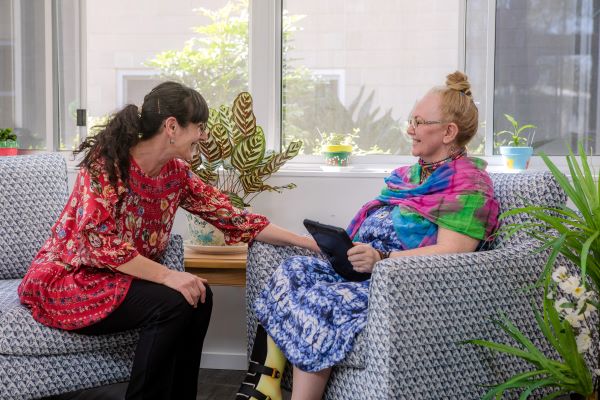
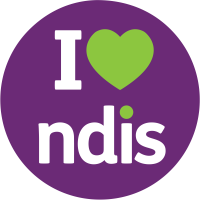
Brisbane’s only one-on-one hydrotherapy pool with direct access. Experience the freedom of movement in water, where our physiotherapists will help you perform hydrotherapy.
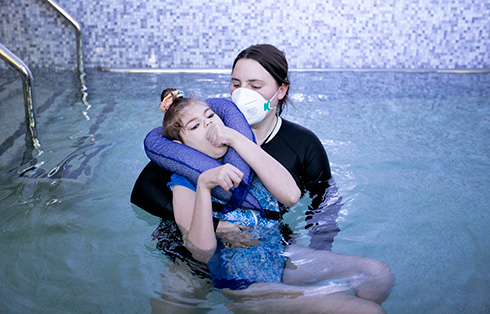
Permanent accommodation for people with severe or enduring mental health issues who receive NDIS funding.
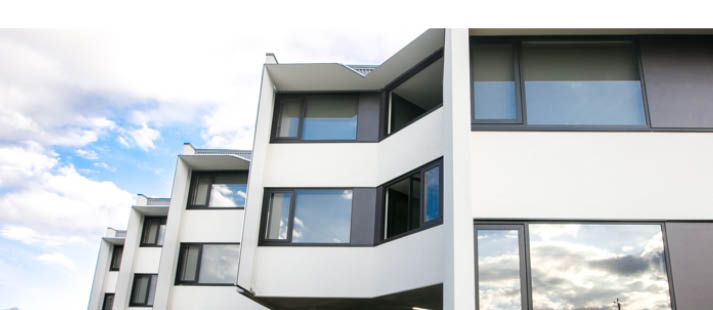
Centre-based respite through to overnight short term breaks in our purpose-built Specialist Disability Accommodation in Brisbane, Sunshine Coast and Gold Coast.
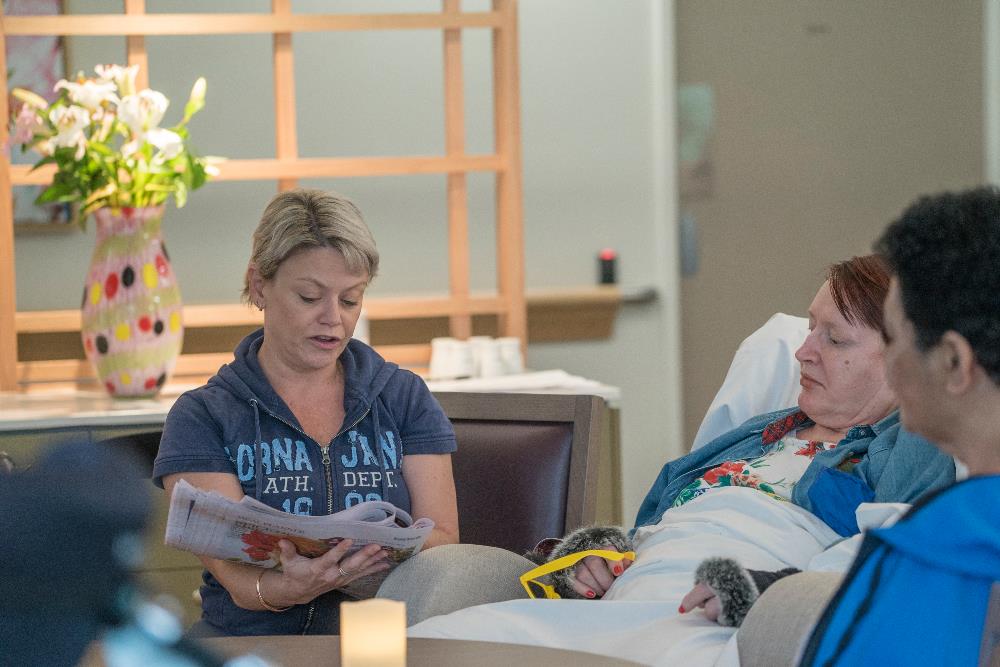
Support with daily activities, life skills, minor home modifications and more across Brisbane.
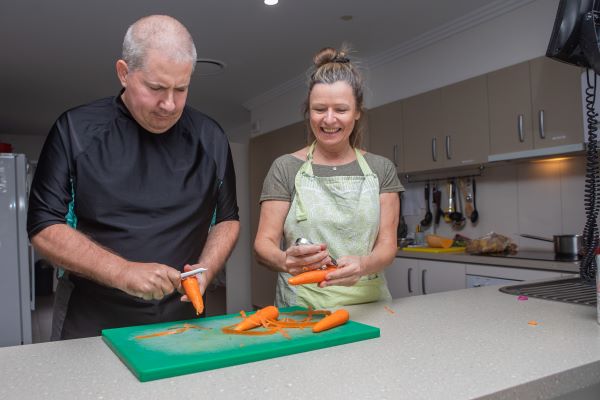
Social and community participation support across Brisbane. Individual social support and help in finding meaningful ways to contribute.
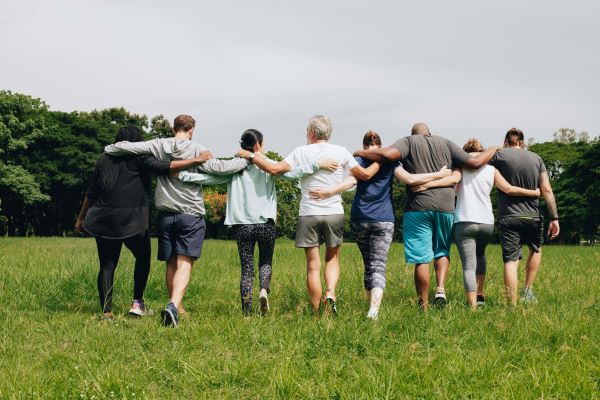
Support to work, play, and contribute in your own unique way. Post-school work readiness, supported employment and creative programs.
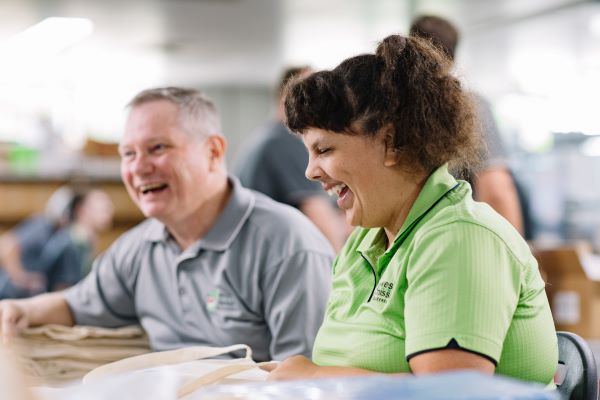
Specialist disability accommodation communities with skilled care 24 hours a day. Group homes and private apartments in Brisbane, Sunshine Coast and Gold Coast.
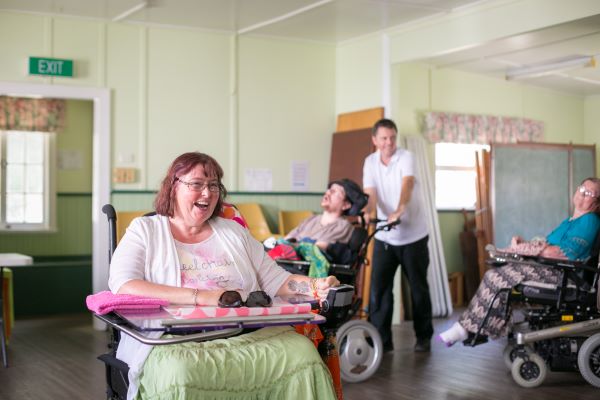
Physiotherapy, OT, podiatry, dietetics, speech pathology, exercise physiology, remedial massage and nursing. We also offer personal training and group exercise.
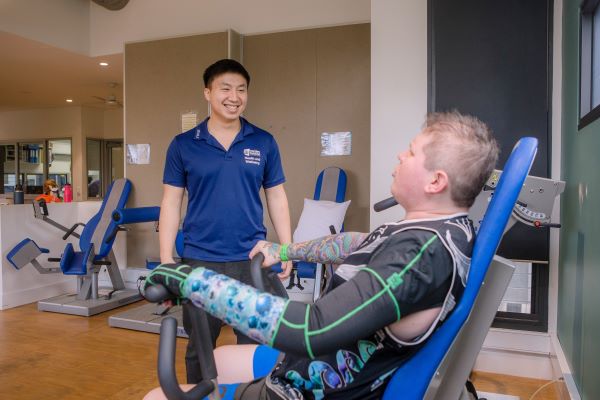
Watch our two Q&A video series focusing on COVID-19 and mental health. They are specifically designed for people living with a disability and members of the Deaf community.
Wesley Mission Queensland provides a range of mental health services, as well as sign language and interpreting services for individuals and businesses.
[Sophie] COVID affected people living with disabilities quite a lot more than uh I guess people would realise. Everyone has been affected by COVID but for those living with disabilities it's a whole added level. It means that you're separated from people that you love and for a lot of people, you need that extra support just to go about your daily life. So even now we're so lucky here in Queensland to be able to go out again, a lot more, but there's a lot of people that are more at risk and live with disabilities that it's still a very real influence on their life and something that has a greater impact.
[Caroline] I think for a lot of people living with disability, it's more difficult to get out and about and find support workers.
[Lily] Not being able to see family members, not being able to see friends you know, not being able to hang out with friends, not being able to like get out in the community and do certain stuff.
[Margie] I think in the middle of COVID you know it was okay for people to feel anxious. I know this person
explained to me that the whole world had changed and I think for an autistic person who's used to things being in a routine and not changing, it was a tremendously difficult time.
[Emma] You know I think it's so much bigger than just people with disabilities, I think this has affected everyone. I think everyone in Australia, everyone in the world, nobody saw this coming, it was really out of the blue and I
think that one of the biggest things that has impacted people from COVID is the isolation and having to be locked in your house during lockdown or awaiting test results or when you know the state goes into lockdown, that's been really tough for people. The flow on effect from that to mental health has been huge because we know that social connectedness is really important for maintaining our mental health so when we all got told stay home and don't engage with people, that was a big challenge for everyone.
[Caroline] Sometimes they could get two board sitting around the house and doing nothing all day every day.
[Anna] I wasn't with my friends all the time. I couldn't really hang out with them.
[Emma] I think people are shifting in using different mediums for engaging. Using online platforms, using
the phone or using social media but COVID has affected everyone's mental health. Isolation definitely, also I think the uncertainty. Nobody knows what's happening if there's going to be another lockdown when this
is going to end, what the vaccination is going to be like, if it's going to be successful so sitting with that uncertainty and knowing that we're not in control of all of that has been a big challenge and a big adjustment for people as well.So how do you think covert has affected the deaf community
That's a great question
to be honest i think the deaf community being a very equal community and i think
isolation there we've suffered because we're isolated uncovered i think has affected us doubly
more than anybody else mask bearing has affected us because
we've got barriers there to see lip patterns and things like that so that
makes communication quite hard it can be quite upsetting not understanding what's
going on which then affects mental health um social events
haven't been held anymore because we always get together and we chat it's
such a face-to-face language and there was always gatherings held
and also being deaf person being locked down at home is very isolating your mind
can then play games you tend to spiral a little bit
i think you need that social interaction especially for mental health especially
going to see a council and stuff like that to make yourself feel better
we go to deaf events for that mental wellbeing as well
so it has had a major effect on the deaf community
well yes i think it has affected the mental health of the deaf
community as a whole think that's because i guess it also
depends on your age bracket that you're in i think the younger ones there utilize
technology and know how to use it the older ones don't necessarily have those
technological skills to engage with them so they need that face-to-face
interaction to be able to sit down and talk to each other
but because of covered we were isolated at home
i think a lot of those elderly ones had that frustration
and that led to a bit of depression because they are lonely
originally but then when you put the advent of covert on time it sort of
exacerbates almost 500 because they have the opportunity to go
out and meet their friends so i'm looking at the deaf community and
mental health i think covert had a big impact on us
the community became very isolated very withdrawn they couldn't get access
to much information there so they would google a lot of stuff
and they could find supports and things like that so
access to information is very important rather be a deaf or hearing person
there but we need to definitely refer more information for the community.
Wesley Mission Queensland welcomes the Royal Commission as an important opportunity to improve the lives of people living with disability. As part of the Uniting Church in Australia, we will engage with the commission as requested. Our working group is closely monitoring the hearings and work of the commission and we look forward to its recommendations, so the industry can work together to ensure all Australians living with disability receive the support, respect, dignity and quality of life they deserve.
You can make a submission to the Royal Commission or find out more on the Royal Commission website (link opens in new window).